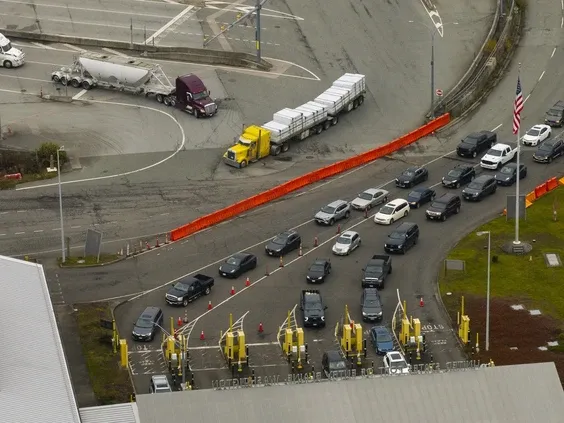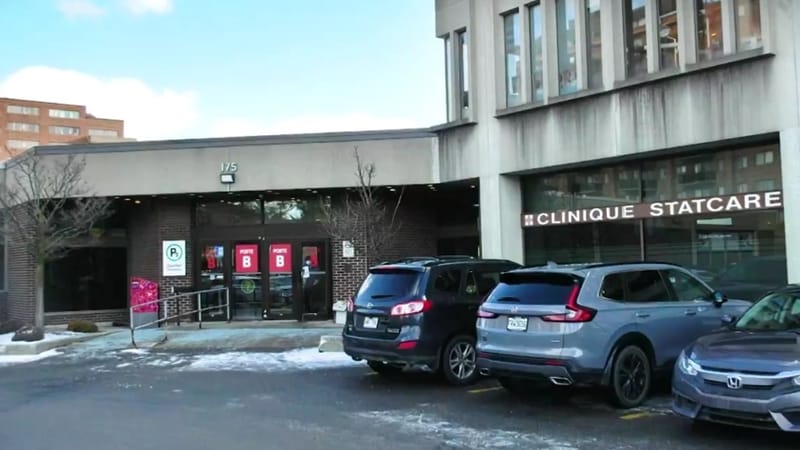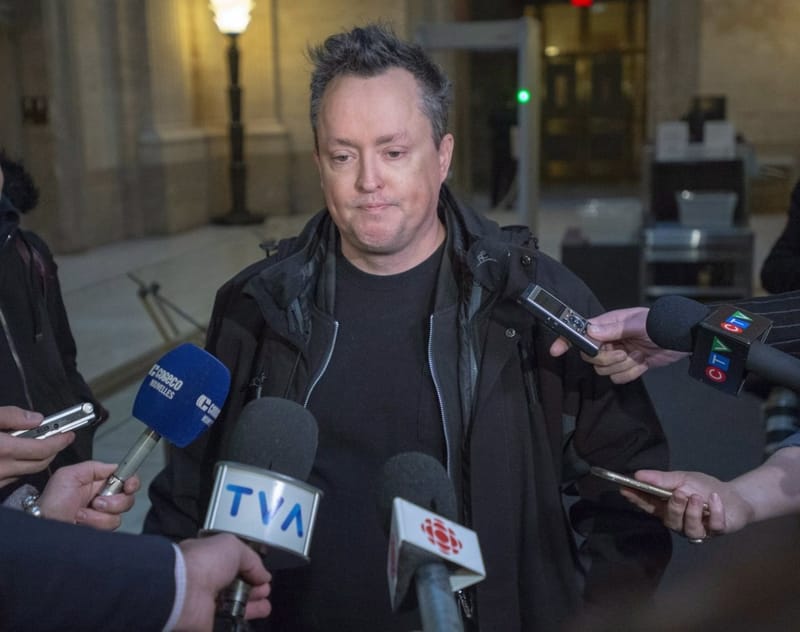Quebec welcomes Ottawa's new attitude on borders to combat Trump's tariff threat
"We must work together to secure the border. It's Ottawa's responsibility mainly, but Quebec accepts to play a role," says Jean-François Roberge, the minister responsible for Canadian relations.

On Thursday, the Legault government softened its tone regarding Ottawa’s response to the 25 percent tariff threat from the U.S., expressing approval of the federal government’s discussion about tightening border controls.
Premier François Legault, speaking to reporters, stated that he was pleased with the reactions of Public Security Minister Dominic LeBlanc and Deputy Prime Minister Chrystia Freeland, who, according to Legault, now seem to understand the importance of having a plan in place to secure the borders and avoid tariffs. "I am happy this morning to see the reaction of Minister LeBlanc and Minister Freeland, who seem to have finally understood the message that we need a plan to secure the borders in the face of immigration and prevent the 25 percent tariffs," Legault said.
Legault emphasized that he wanted to see concrete actions beyond goodwill. "I want the federal government to succeed in avoiding the 25 percent tariffs, and we should work together. But I was very happy to hear Minister Freeland and Minister LeBlanc," he added. "Now they need to put this into a plan."
This followed comments made by LeBlanc and Freeland after an emergency meeting with Canada’s premiers, territorial leaders, and Prime Minister Justin Trudeau on Wednesday. Legault has been pressing Ottawa for days to take stronger action on border security following the tariff threat issued by U.S. President-elect Donald Trump.
Earlier this week, Legault acknowledged that Trump's concerns were "legitimate" and stated that securing the border was the only way to address the issue and counter the argument for new tariffs. He also pointed out that he had been voicing concerns about the lack of border controls, which are a federal responsibility.
Freeland and LeBlanc, however, stressed after the meeting that Ottawa was actively addressing the situation. Freeland noted that the primary focus of Wednesday’s meeting was on the Canada-U.S. trade relationship and the importance of demonstrating that the border is secure. “We agreed that illegal drugs, especially opioids, are a scourge for both our countries and that we need to continue to work hard to ensure our border is safe and secure,” Freeland said.
LeBlanc outlined Canada's commitment to showcasing the measures already implemented to improve border security and the additional steps the government intends to take. He mentioned the possibility of increasing the number of police officers, drones, and even helicopters on the border.
Quebec's Minister for Canadian Relations, Jean-François Roberge, also expressed satisfaction with the federal response. "I am happy that Minister LeBlanc responded positively to our demands," Roberge said. "It’s clear that we want to work cooperatively with Ottawa to secure the border, both from Quebec toward the U.S. and from the U.S. toward Quebec."
Roberge further emphasized the importance of increased security, suggesting that it could boost confidence and have economic benefits. "We need a plan and a schedule. We can’t let things drag on," he added.
Legault later sought to rally support from the opposition, particularly interim Quebec Liberal Leader Marc Tanguay, in a bid to strengthen Quebec's stance. "The biggest threat to Quebec’s public finances is the potential for a 25 percent tariff on all goods destined for the United States," Legault stated in the legislature. "I hope the leader of the Quebec Liberal Party supports my demands to Justin Trudeau to reinforce measures to protect the border and avoid the 25 percent tariff, which would be disastrous for Quebec’s finances."
In response to Legault’s comments, opposition parties urged caution and unity in facing the threat. Liberal house leader Monsef Derraji advised against panic, suggesting that calm and solidarity were needed. "It’s not the time to improvise. It’s a time to show Canadian solidarity, to put aside egos, and that goes for both Mr. Trudeau and Mr. Legault," he said.
Gabriel Nadeau-Dubois, co-spokesperson for Québec solidaire, echoed this sentiment, calling for cool-headedness despite the rhetoric from Trump. "We all have to work together to save the jobs of Quebec’s workers," he stated.
In contrast, Parti Québécois Leader Paul St-Pierre Plamondon argued that Quebec, as a province, had limited power over the border issue, stating that without independence, Quebec was forced into a position of "begging." "Beggars can’t be choosers," he remarked.





